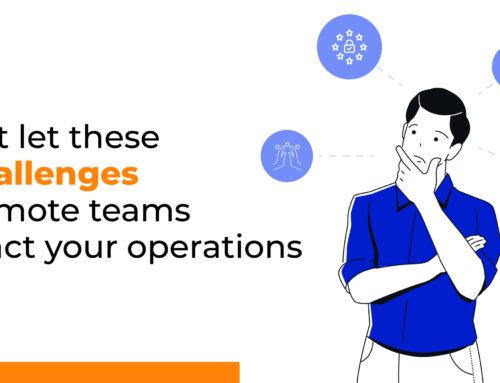RPA provides the building blocks to develop more streamlined end-to-end processes, to perform more meaningful analytics, to create more of a digital infrastructure across the business.

RPA provides the building blocks to develop more streamlined end-to-end processes, to perform more meaningful analytics, to create more of a digital infrastructure across the business.
Over the past year, the skill where demand and expectations has become the most elevated is the desire for automation. Almost 65% of service buyers and 69% of providers cite the need to understand and deploy automation as significantly increasing skill requirement – and 61% of advisors are feeling the pressure to knowledge-up on this skill.
Essentially, as the room for additional cost savings diminishes for BPO buyers, the logical next step is to reduce manual tasks (and ultimately unnecessary labor costs). With the heavy marketing coming from service providers and technology firms offering robotic process automation (RPA) solutions, the awareness from the buy side – and pressure on operations managers – to have a more defined, measurable automation strategy, has never been as intense as it is today, and is likely to crescendo in the coming years.
Here is set of data points that show which skills requirements have been increasing in significance.

RPA provides that logical first step for buyers and service providers to reduce their reliance on throwing lower cost human labor at problems. It provides the building blocks to develop more streamlined end-to-end processes, to perform more meaningful analytics, to create more of a digital infrastructure across the business. Essentially, RPA is the new arbitrage for many, but is unlikely to yield massive cost-savings in the near to medium terms – it is more about helping enterprises deploy their talent on higher value activities. In short, RPA is about working smarter, not cheaper.
 Skip to content
Skip to content





